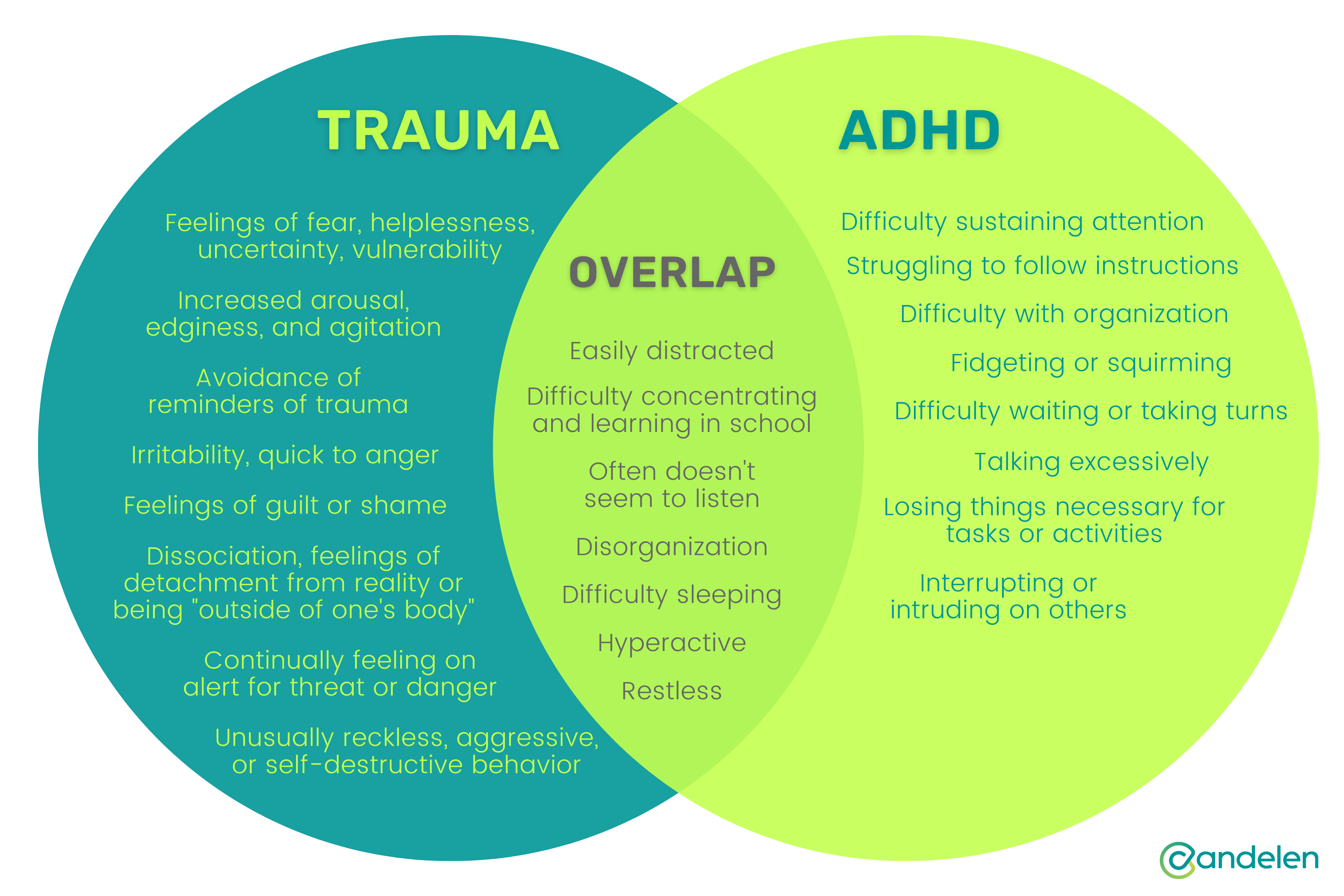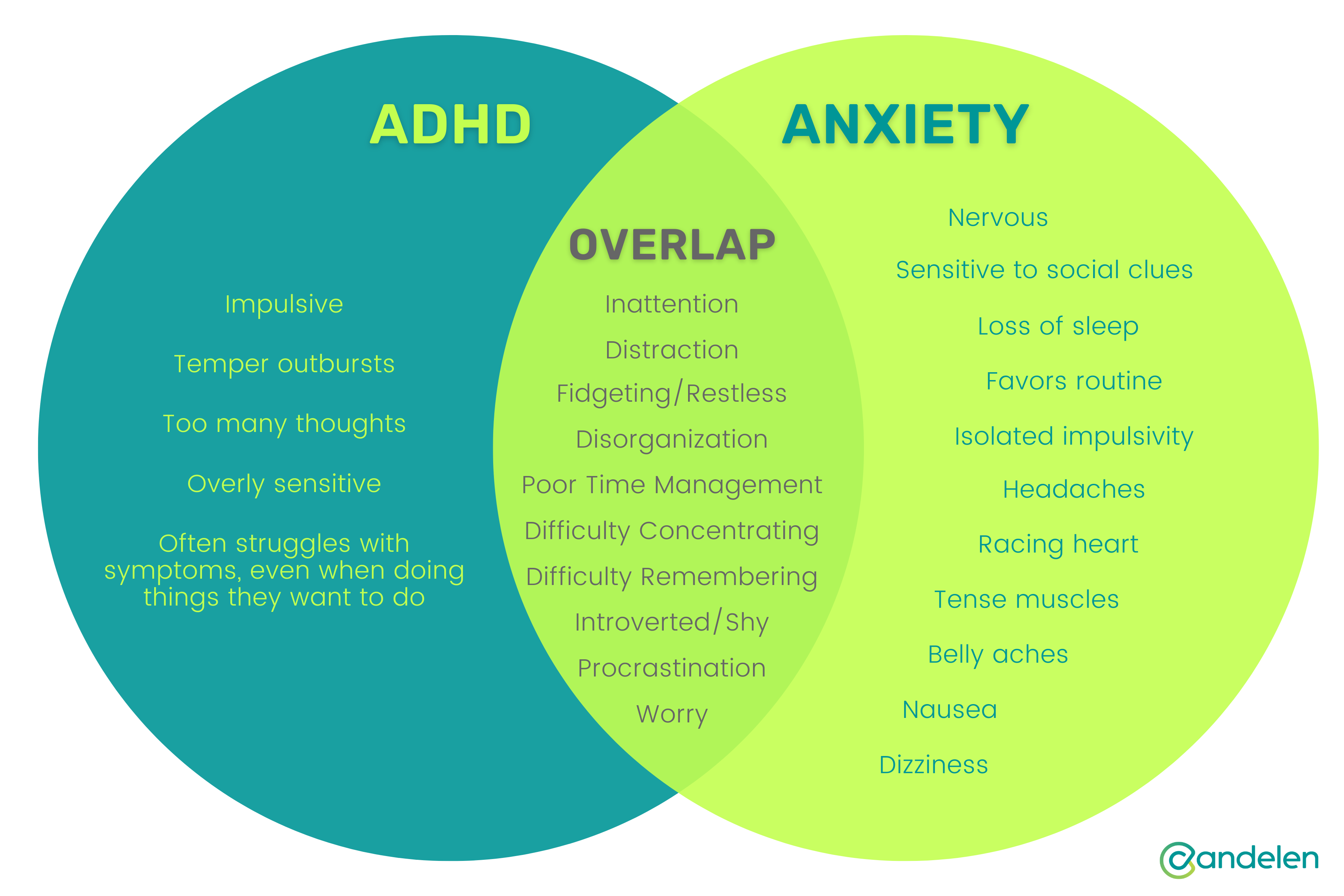Signs of Mental Distress in Children That Are Easy to Miss
June 28, 2022 |We often assume that if our children are in distress or experiencing mental health difficulties that they would be obvious, vocalized, and noticeable. Unfortunately, they can often be hard to see or symptoms might show up in ways that you don't expect.
Below are a few of the more common signs of mental distress that show up in children, what they may be signs of, and what you can do about it.
Anger
One of the most commonly missed signs is anger. If a child is feeling overwhelmed with their emotions, they're more likely to be emotionally reactive. For a lot of kids, their fight or flight response is fight. In some children, this may present itself more as chronic irritability and for others it can be outbursts or extreme mood swings. Think about how you react when you're overwhelmed, worried, or anxious. It's easy to have a strong reaction when you've been pushed to your limit. Anger can be a sign of a number of different disorders including anxiety, depression, and PTSD, which are all disorders children can possess.
Seeking Excessive Validation or Reassurance
All children want to be loved and accepted by the adults in their lives. However, anxiety or depression can make us feel like there's something wrong with us. Children may then start to ask lots of questions to try and gain relief.
This can surface by asking questions such as:
-Will I make friends at school?
-Do you really love me?
-Are you sure I'll have fun at summer camp?
-Am I really a good kid, even though I broke the lamp?
It can also present itself as helplessness:
-I don't think I can do it right.
-I need you to cut it because I'm going to do it wrong.
-Can you get my water cup? I might spill it.
While it is normal for children to seek reassurance and help from adults in their lives, seeking it excessively in an attempt to make the anxious or negative thoughts go away may be a sign of anxiety, OCD, depression, or PTSD.
Physical Symptoms
Kids may get sick or say they don't feel well, and our first inclination may be to take them to a doctor or see if rest/medicine solves the symptom. In some cases, what may be causing the issue is related to their mental health. Our body sets off an amazing array of chemicals that stem from our survival instincts. A stomach or headache may be responses to something happening that provokes their stress response. If it is happening more frequently, there are changes in patterns to eating habits or energy levels, or your pediatrician can't find a cause, anxiety or depression may be to blame.
Sleep
Another mental health symptom that shows up in our physical body is through sleep. Children also often get anxious thoughts and worries before bed. When they're more anxious, they're also more likely to wake in the night from noises and nightmares. PTSD can also give children nightmares of a specific event or place that causes them to not want to fall asleep. Alternatively, when children experience depression symptoms, they may change their pattern to sleeping a lot more or feeling too physically or mentally tired to enjoy their activities and surroundings.
Every child is unique, as are the adults raising them. While the symptoms above are commonly associated with mental health disorders, children may possess all of these and function well or none of them and need a lot of support. If you're wondering if a child in your life may be experiencing difficulties with mental health or you've noticed differences in their academic, social, familial, or physical well-being, it may be time to consult a mental health professional.
Candelen provides free consultations to adults, children, and teens who may need mental health support or evaluation. You can schedule a consultation or contact us for more information.


- Love is a Professional Word - April 25, 2023
- Candelen Announces New Chief Executive Officer, Rob Podlogar - March 30, 2023
- Inhale & Exhale: The Fight Against Postpartum Depression & Anxiety - March 14, 2023


1 Comment
I found this blog very informative, keep up the good work. Day Care Center